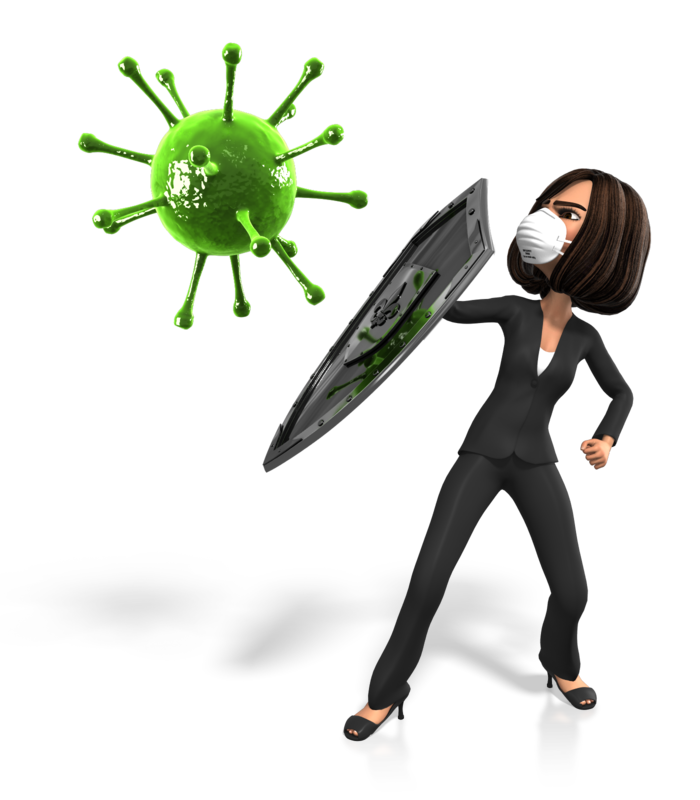15th June 2020, Dr Chee L Khoo

Yes, we were told that if you are well, wearing a non-medical mask doesn’t quite protect you from catching Covid-19. We were told that the evidence is there. When you hear from most (if not all) experts that non-medical face masks do not protect healthy individuals from catching the infection, you assume that the evidence must be overwhelming and consistent. Is it?
You would think that with so many experts telling us that if you are well, wearing a non-medical mask doesn’t quite protect you from getting the virus there must be pretty good evidence behind that advice. How strong is the evidence?
Well, for one, there aren’t too many research out there about the infectivity of Covid-19. It’s a rapidly evolving pandemic and we are learning new things every day about the virus. Most of our research about face masks comes from research during the influenza pandemics from recent years. And the evidence is really conflicting. Studies from France, Hong Kong and Bangkok tells us that face masks worn by the infected patient or their household contacts with or without strict hand hygiene doesn’t confer extra benefit than without face masks. But these studies are heavily contaminated by the control group also using face masks and practice strict hygiene to various degrees. This makes the comparison difficult.
Studies out of Germany on the other hand did show some benefit of wearing face masks. In a review of 17 studies looking at the subject, some studies found masks were useful while others not. The studies were not all of good quality and the numbers studied were pretty small.
I am not saying whether non-face masks protect you from getting the infection or not. The evidence is not clear cut. It depends.
So, should the healthy public wear face masks in Australia? Face masks made from the appropriate material, worn and don correctly and used together with hand hygiene probably does confer some benefit in reducing the risk of catching Covid-19 infection. Whether one should wear a face mask or not depends on what the risk of catching the infection in the general community (which depends on the prevailing community infection rates) and on whether one can social distance or not.
Which mask?
While medical masks are certified according to international or national standards to ensure they offer predictable product performance when used by health workers, according to the risk and type of procedure performed in a health care setting, it’s not the case with non-medical masks. Non-medical masks may be made of different combinations of fabrics, layering sequences and available in diverse shapes. Few of these combinations have been systematically evaluated and there is no single design, choice of material, layering or shape among the non-medical masks that are available. The unlimited combination of fabrics and materials results in variable filtration and breathability.
For details of the type of masks that can do the job and links to make your own masks, read here for the full article.
